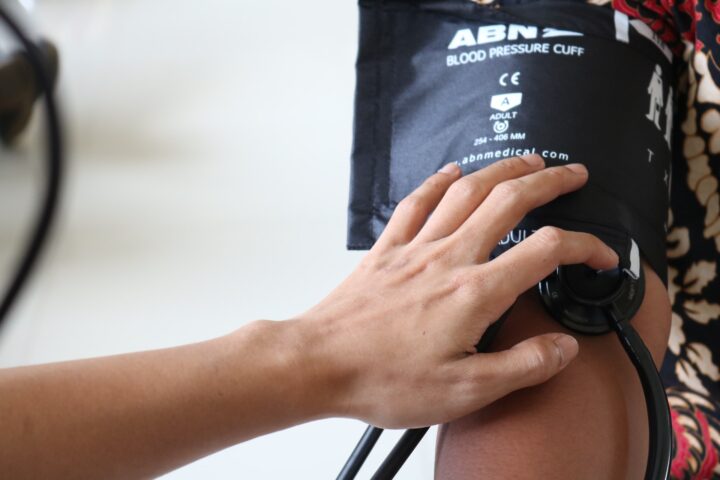Hypertension: A Comprehensive Guide to Symptoms, Causes, Complications, and Treatments
Hypertension, also known as high blood pressure, is a condition that can lead to serious health risks if left untreated. Hypertension is one of the leading causes of heart attacks and strokes and can even cause organ damage.
Fortunately, hypertension can be managed with Hyper Active lifestyle changes and medications. In this comprehensive blog post, we will explore the symptoms, causes, complications, risk factors, diagnosis, and available treatments for hypertension in a formal and informative tone.

What Is Hypertension?
Hypertension occurs when the force of blood against the walls of the arteries is consistently too high. Over time, this excessive pressure can damage the blood vessels and lead to serious health issues, including heart disease, stroke, and kidney disease.
In many cases, hypertension presents no obvious symptoms, which is why it’s often referred to as the “silent killer.” Some individuals may experience headaches, shortness of breath, or nosebleeds, but these signs are not specific to hypertension and can be easily overlooked. There are several factors that can contribute to the development of hypertension, including:
- Genetics: A family history of hypertension increases your risk of developing the condition.
- Age: The risk of hypertension increases as you age, particularly after the age of 65.
- Lifestyle choices: Smoking, excessive alcohol consumption, and a diet high in sodium and low in potassium can all contribute to high blood pressure.
- Obesity: Excess body weight puts additional strain on the blood vessels, increasing the risk of hypertension.
- Sedentary lifestyle: A lack of physical activity can lead to weight gain and increased blood pressure.
- Stress: Chronic stress can elevate blood pressure and contribute to the development of hypertension.
Complications and Risk Factors Associated With Hypertension
If left untreated, hypertension can lead to various complications like heart failure, stroke, and kidney disease. It can also increase the risk of dementia and aneurysm rupture. High blood pressure is a major risk factor for both cardiovascular and cerebrovascular diseases, including coronary artery disease, atherosclerosis, and high cholesterol. Hypertension can also lead to vision problems such as retinopathy and glaucoma.
Diagnosis of Hypertension
Hypertension is typically diagnosed through a combination of physical examinations and blood pressure measurements. A healthcare professional will use a blood pressure cuff to measure your blood pressure, which consists of two numbers: systolic pressure (the pressure in the arteries during a heartbeat) and diastolic pressure (the pressure in the arteries between heartbeats). A normal blood pressure reading is typically around 120/80 mm Hg.
Treatment Options for Hypertension
There are several treatment options available for managing hypertension, including lifestyle changes, medication, and surgery.
Lifestyle Changes
For many individuals, making lifestyle changes can significantly improve their blood pressure levels. These changes may include:
- Adopting a healthy diet rich in fruits, vegetables, whole grains, lean protein, and low-fat dairy products
- Reducing sodium intake
- Engaging in regular physical activity
- Maintaining a healthy weight
- Limiting alcohol consumption
- Quitting smoking
- Managing stress through relaxation techniques such as yoga, meditation, or deep breathing exercises
Medication
If lifestyle changes alone are not sufficient to manage hypertension, a healthcare professional may prescribe medications to help lower blood pressure. There are several classes of medications available, including diuretics, beta-blockers, calcium channel blockers, ACE inhibitors, and ARBs, among others. The specific medication prescribed will depend on the individual’s medical history, the severity of their hypertension, and any underlying health conditions.
Surgery
In rare cases, surgical intervention may be necessary to treat hypertension. This typically involves procedures that address underlying causes of high blood pressure, such as kidney artery stenosis or adrenal gland tumors.
In Conclusion
Hypertension is a prevalent and potentially dangerous condition that can lead to serious health complications if left untreated. By understanding the symptoms, causes, risk factors, and available treatments for hypertension, individuals can take proactive steps to manage their blood pressure and reduce their risk of developing associated health issues.


